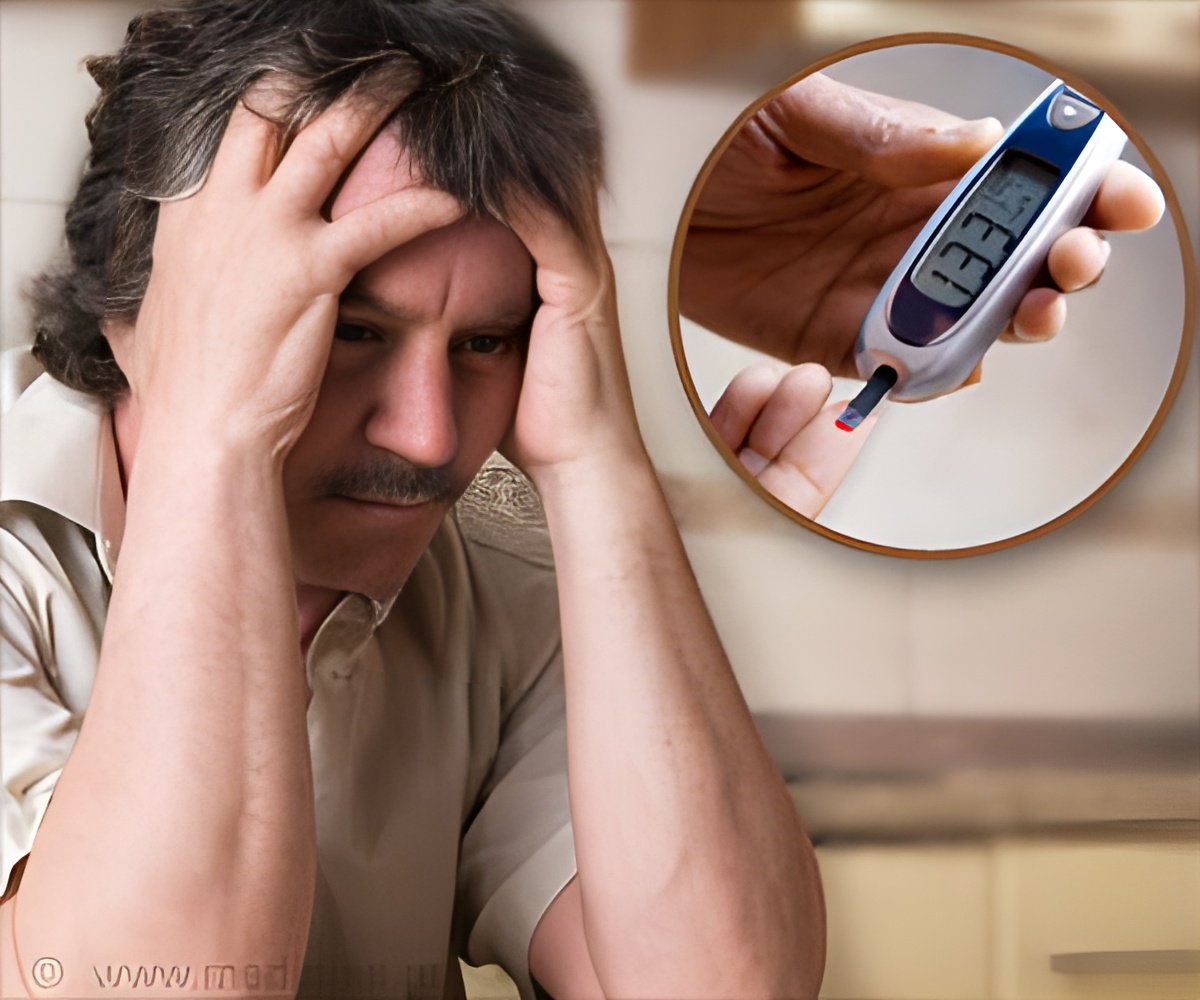Patients with diabetes and depression were found to have a poorer control over their blood sugar as compared to diabetic patients without depression.

A recently published study evaluated the association of depression and control of diabetes in 70 Brazilian diabetic patients. Diabetic patients aged between 30 and 65 years were included in the study. Psychiatric evaluation was carried out by a trained psychiatrist. Hemoglobin A1C levels were measured to assess diabetes control. Nearly half of the patients included in the study were on insulin for the treatment of their diabetes.
Out of the 70 patients included in the study, almost 20% were found to suffer from depression and were not under treatment for this purpose. These patients were found to have poorer control of their diabetes, as evidenced by slightly higher HbA1C levels.
Some patients suffered from depression earlier, but were not found to be affected by it in the evaluation conducted during the study. These patients had similar blood glucose control to those who had never suffered from depression.
Thus, patients with diabetes should be also assessed for the presence of depression. If the results are positive, these patients should be followed up more closely to ensure good control of their diabetes.
Since the study was conducted on a very small population, a larger study would be required to establish the results of this study.
Marcelo Papelbaum et al; Depression, glycemic control and type 2 diabetes; Diabetology & Metabolic Syndrome 2011, 3:26















